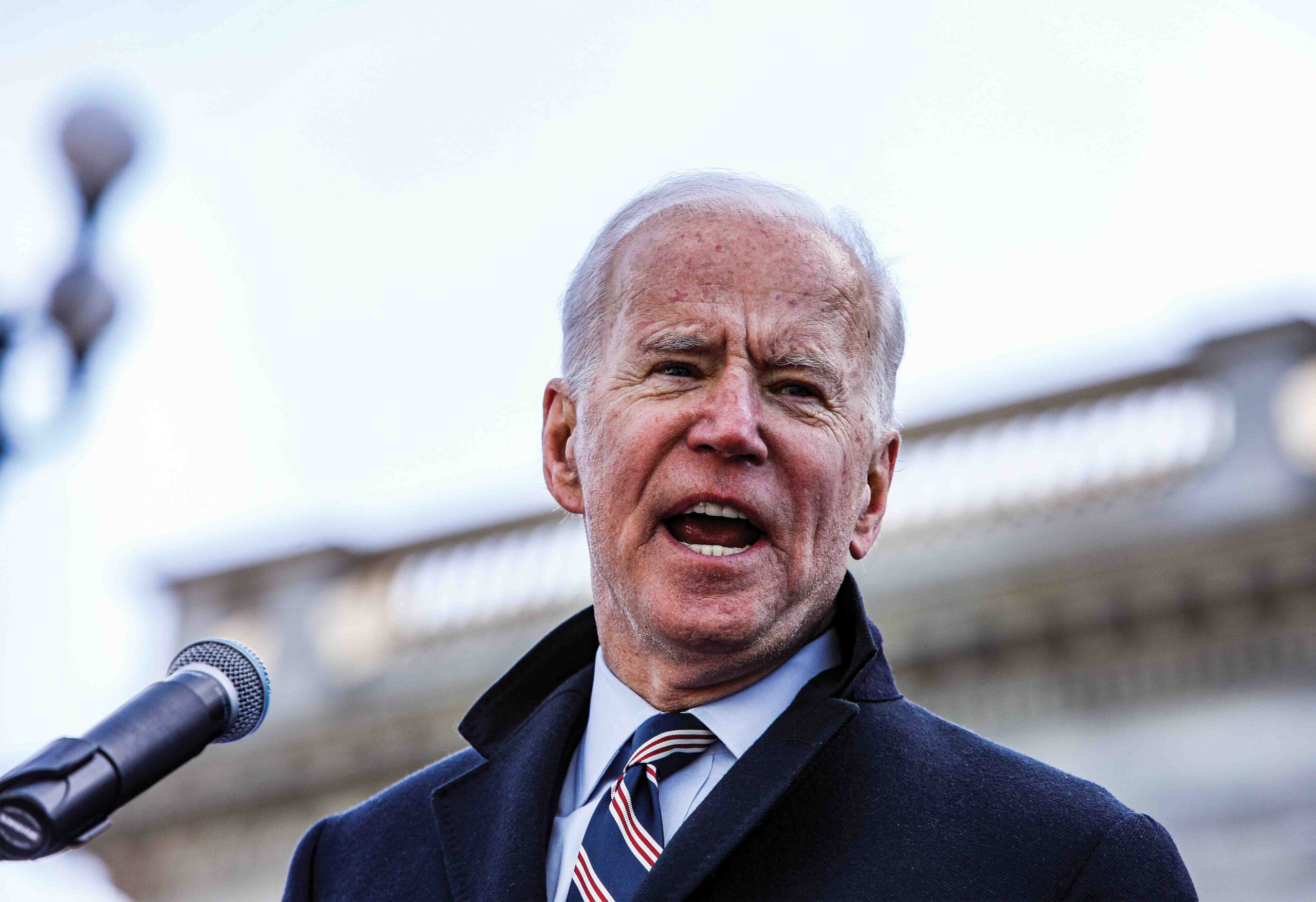Making the case for legislation to hold carriers more responsible for shipping costs and service standards, President Joe Biden on Friday laid much of the blame for record-setting inflation data released earlier in the day on the decks of the world’s largest ocean carriers.
“Every once in a while something you learn makes you viscerally angry,” Biden said, speaking at the Port of Los Angeles. “That’s why I’ve called on Congress to crack down on foreign-owned shipping companies that have raised their prices while raking in just last year $190 billion in profit, a sevenfold increase in one year.”
Watch: Biden speaks at Port of Los Angeles
He repeated assertions in a video released by the White House on Thursday that nine major ocean shipping companies in the trans-Pacific trade have raised rates by as much as 1,000%, implying that lack of competition is the root of the problem. In a report issued earlier this month, however, the Federal Maritime Commission found no evidence of collusion among the major carriers.
Biden is presumably referring to alliance members Maersk, MSC, CMA CGM, Cosco, Evergreen, HMM, Hapag-Lloyd, ONE, and Yang Ming (which leaves out Zim, which is also a major player in the trans-Pacific trade). According to Sea-Intelligence, the alliances accounted for roughly 80-85% of capacity in the trans-Pacific trade in 2012-2020, but in the first four months of 2022, their share had fallen to 64%.
Several of the companies contacted by FreightWaves were not immediately available to comment.
“We have to keep coming together to find common ground and solve problems,” Biden said. “There’s no better place to start than right here at the port and letting those nine foreign [carriers] understand: The rip-off is over.”
Congress is expected to take up the Ocean Shipping Reform Act of 2022 as early as next week. Biden said he would sign it into law if it passes. The legislation broadens the regulatory powers of the Federal Maritime Commission over container ship carriers while also promoting U.S. exports.
“It’s a big deal,” Biden said. “People at home trying to make it paycheck to paycheck are wondering, ‘What in God’s name do nine shipping companies have to do with it?’ Well almost everything you’re doing — to what you’re eating, to what you’re having to drive, to what you need in your home — is related to the supply chain, which comes from abroad.”
Biden was introduced by Sal DiCostanzo, a member of the International Longshore and Warehouse Union (ILWU), which is negotiating a new contract with West Coast marine terminal operators.
The industry is watching those talks closely because a protracted delay in reaching an agreement could spark a new level of port disruption if an impasse leads to work slowdowns or stoppages. Automation is widely understood to be the front-and-center issue.
“What is really important for management is to explain why [automation] is needed, not just because we feel like we want to do it,” said Tim Lynch, senior director at the law firm Morgan & Lewis and a consultant to the Pacific Maritime Association (PMA), which is negotiating the contract on behalf of terminal management. Lynch was providing an update on the ILWU-PMA talks at the National Industrial Transportation League’s annual transportation summit on May 26.
“It’s got to be a shared, ‘We’re in this together’” message, Lynch said. “We’ve got to grow these facilities, grow the volume. They’re going to reach capacity in 2028 — what happens after that? They stay stagnant. That’s certainly not good for the carriers, the terminal operators, and it surely shouldn’t be good for the longshoremen.”
Copyright Freightwaves.com 2022
By John Gallagher
Photo: Shutterstock.com


